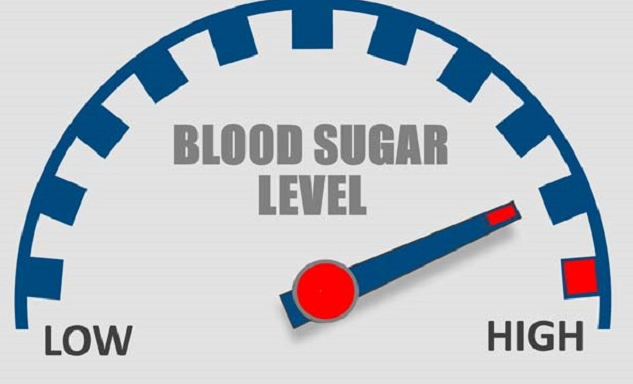Some of the primary reasons for increased blood glucose levels are:
Physical lack of exercise;
Fatigue;
The common cold;
Dehydration;
Extreme consuming;
Extreme usage of steroids.
At this point it is important to highlight that increased blood glucose levels do not instantly indicate diabetes, but still they might be one symptom of this disease.
Despite the fact that patient who have diabetes might not experience any signs there are certain symptoms that suggest high blood sugar level levels:
Dry mouth;
Dry and scratchy skin;
Thirst;
Blurred vision;
Regular urination, especially overnight;
Impotence;
Slow recovery of cuts and injuries;
Problem focusing;
Increased cravings;
Repeating infections;
Digestion issues;
Nerve problems;
Excess tummy fat and weight gain.
THE BEST WAYS TO KEEP TRACK OF THE BLOOD SUGAR LEVEL LEVELS
The food you consume has a crucial role in controlling the blood glucose levels.
Doctors explain that patients who have high blood glucose levels should avoid foods with a high glycemic index.
The Glycemic index is a scale that shows the variety of carbs in foods which actually increase the blood glucose levels. The higher the GI number is, the bigger the threat of high blood glucose levels. The GI numbers vary from 0-100 and the foods in between 0 and 54 are considered as low glycemic foods.
Click ‘Next Page (>)’ to keep reading and don’t forget to SHARE with your Facebook friends

